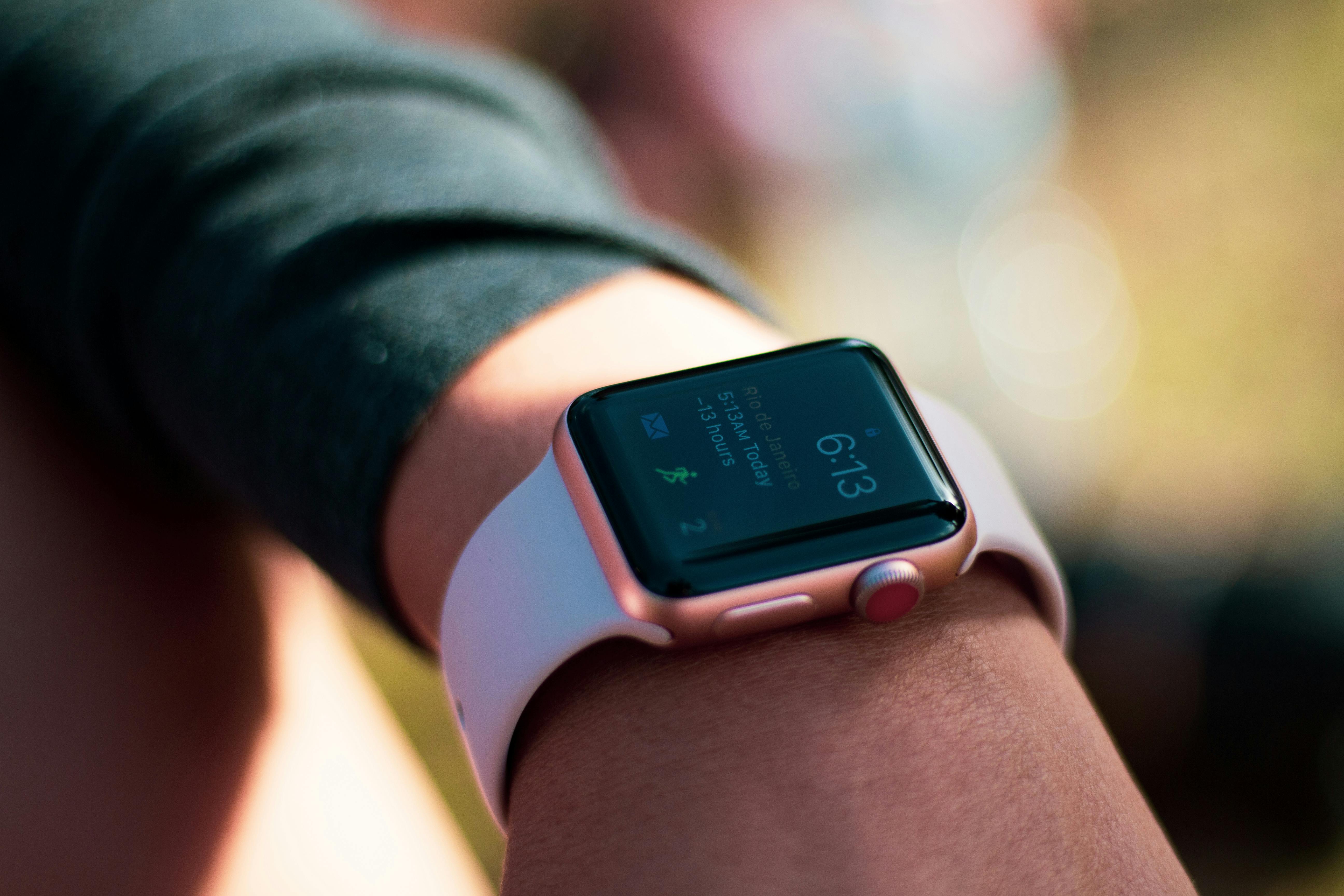Even physical activities that can’t be tracked are important for maintaining one’s health and well-being.
People living in today’s modern world have become incredibly sedentary. It would be easy to argue that humans have never moved less than they do today, which is why tools like step trackers have become so popular. These devices offer a reliable method for people keep track of how much they are moving, so they can notice when they haven’t been getting a lot of activity and can jump into action to stay healthy.
Within this realm, however, there has been some debate about how to track activity and which techniques are better. Should people be counting their steps? Or maybe tracking activity by the number of minutes they are in motion? According to a new study, it really doesn’t matter.
According to a report in the JAMA Internal Medicine journal, there is an equal association of things like reduced risk of premature death and heart disease among groups that counted steps as compared to groups that counted minutes. Within the study, more than 14,000 women were used for data, as they had agreed to participate in the national Women’s Health Study. All of these individuals were 62 years of age and older. The data that was used came from a four-year period from 2011 to 2015.

Perhaps to the surprise of no one, being active was the thing that mattered, not the mode of tracking. The most active women in the study showed a significantly lower risk of death due to heart disease than the rest of the group. Those women came from both the step-counting and minute-counting groups, reinforcing the finding that it just didn’t matter how physical activity was tracked.
Too often, people are put off of the idea of physical activity and exercise by the thought that they will need to work really hard and put their bodies to the limits to see results. But that’s not how it works. Moderate regular exercise has been shown in studies like this to be highly valuable. Even if it’s just going for a walk, that activity is far better for the body than sitting still, and the results speak for themselves.
Also, it’s good to note that activities that don’t lend themselves well to any sort of tracking method shouldn’t be overlooked for their value. Some people who tend to count steps might skip activities like riding a bike or swimming in a pool, but those can be just as useful and will offer a health diversity to a physical fitness regimen.
“For some, especially for younger individuals, exercise may involve activities like tennis, soccer, walking, or jogging, all of which can be easily tracked with steps,” said lead author Dr. Rikuta Hamaya, a researcher with the Brigham and Women’s Hospital Division of Preventive Medicine in Boston. “However, for others, it may consist of bike rides or swimming, where monitoring the duration of exercise is simpler,” and that’s just fine.
It should be no real surprise that getting regular physical activity is good for the body and it doesn’t really matter how you keep track of that activity. Humans moved constantly for thousands and thousands of years, and only recently have human lives become so sedentary. Getting moving again is good for just about every part of health and the body doesn’t care how those movements are tracked, or even if they are tracked at all.
Sources:
Tracking Exercise by Steps or Minutes? Study Finds Either Method Boosts Health


Join the conversation!